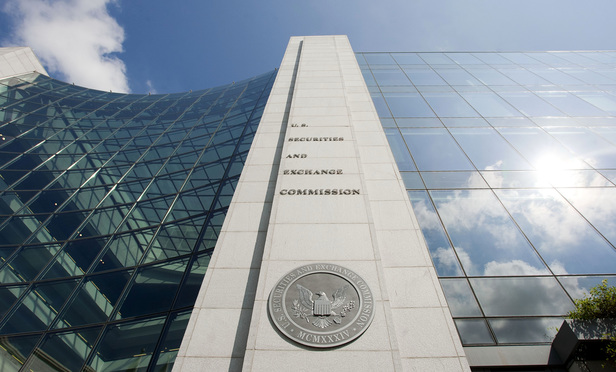While art might imitate life, the same has scarcely been said of administrative law. Rarely does that discipline—typically preoccupied with arcane procedure—reflect contemporary political debates. This year is different, however. Even as the media regales us with minutia of the Administration’s dealings with federal agencies (who must follow White House orders? who fired this official and why?), similar concerns reverberate through appellate courts. But the public and the courts appear to approach the issue from opposite perspectives: Even as the public focuses on protecting agency independence from political intrusion, the trend in the courts has favored Presidential control.
Indeed, two of the year’s most significant unfolding appellate developments could limit the ability of Congress to insulate administrative agencies from the President’s influence. After several years spent in jurisdictional tangles, challengers to the independence of the Securities and Exchange Commission’s administrative law judges (ALJs) have begun to score victories in the federal courts of appeals. Meanwhile, a panel of the District of Columbia Circuit has overturned the provisions of the Dodd-Frank Act protecting the director of the Consumer Financial Products Bureau from removal by the President. Both issues are heading for en banc consideration by the full D. C. Circuit—and could shortly become ripe for U.S. Supreme Court review.



